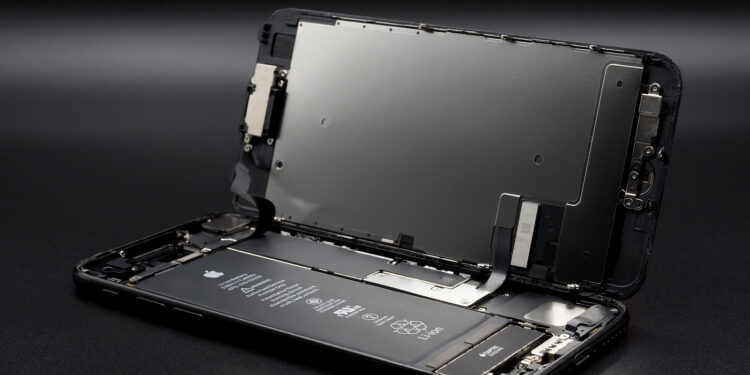Apple, known for its cutting-edge technological innovations, is once again in the spotlight. This time, it's about a planned material change that may not be implemented as planned. Renowned supply chain analyst Ming-Chi Kuo recently revealed that Apple has put its plans to use resin-coated copper for the logic boards of upcoming iPhone models on hold. Find out why and what impact this could have in this article.
The technological world is constantly changing, and Apple is often at the forefront of introducing new materials and technologies into its products. However, not every planned innovation makes it into mass production. A recent example is the planned use of resin-coated copper in the iPhone 17 models, which has now been postponed indefinitely. The reasons for this and the potential consequences for future Apple products are of great interest.
The planned material change
Apple planned to use resin-coated copper for the logic boards of the iPhone 17 models. This material, a thin layer of copper foil coated with resin, such as epoxy, would have offered the possibility of making the logic board thinner. A thinner logic board would, in turn, have created more space for other components and sensors, resulting in even more powerful and versatile iPhones.
Why the change is not being implemented
According to Ming-Chi Kuo fulfilled Resin-coated copper does not meet Apple's high quality standards. Quality and reliability are of utmost importance to Apple, and the company sets high standards for all materials used. If a material does not meet these standards, it will not be used, no matter how promising it may be. In this case, that means resin-coated copper will not find its way into the iPhone 17 models.
Future use of resin-coated copper
It is currently unclear whether Apple will try to use resin-coated copper again in the future. It could be possible that the material will be used in later iPhone models such as the iPhone 18 or later, but that remains to be seen. However, technology does not stand still, and Apple could be working on improvements that will make the material viable at some point.
Impact on other Apple products
Interestingly, there have also been rumors that at least one new Apple Watch this year would use resin-coated copper. It's unclear whether those plans will be delayed as well. However, if Apple can successfully use the material for the Apple Watch, it could be an indication that it is being considered for iPhones in the long term.
Quality before innovation: Apple's choice of materials for future iPhones
Apple remains synonymous with innovation and quality. The decision not to use resin-coated copper in the iPhone 17 models for now underlines Apple's commitment to the highest standards. Although this change has been put on hold for now, the future of technology remains exciting. It will be interesting to see how Apple continues to explore and integrate new materials and technologies to make its products even more powerful. Stay tuned, because the next big innovation could be just around the corner. (Photo by Poravute Siriphiroon / Bigstockphoto)





